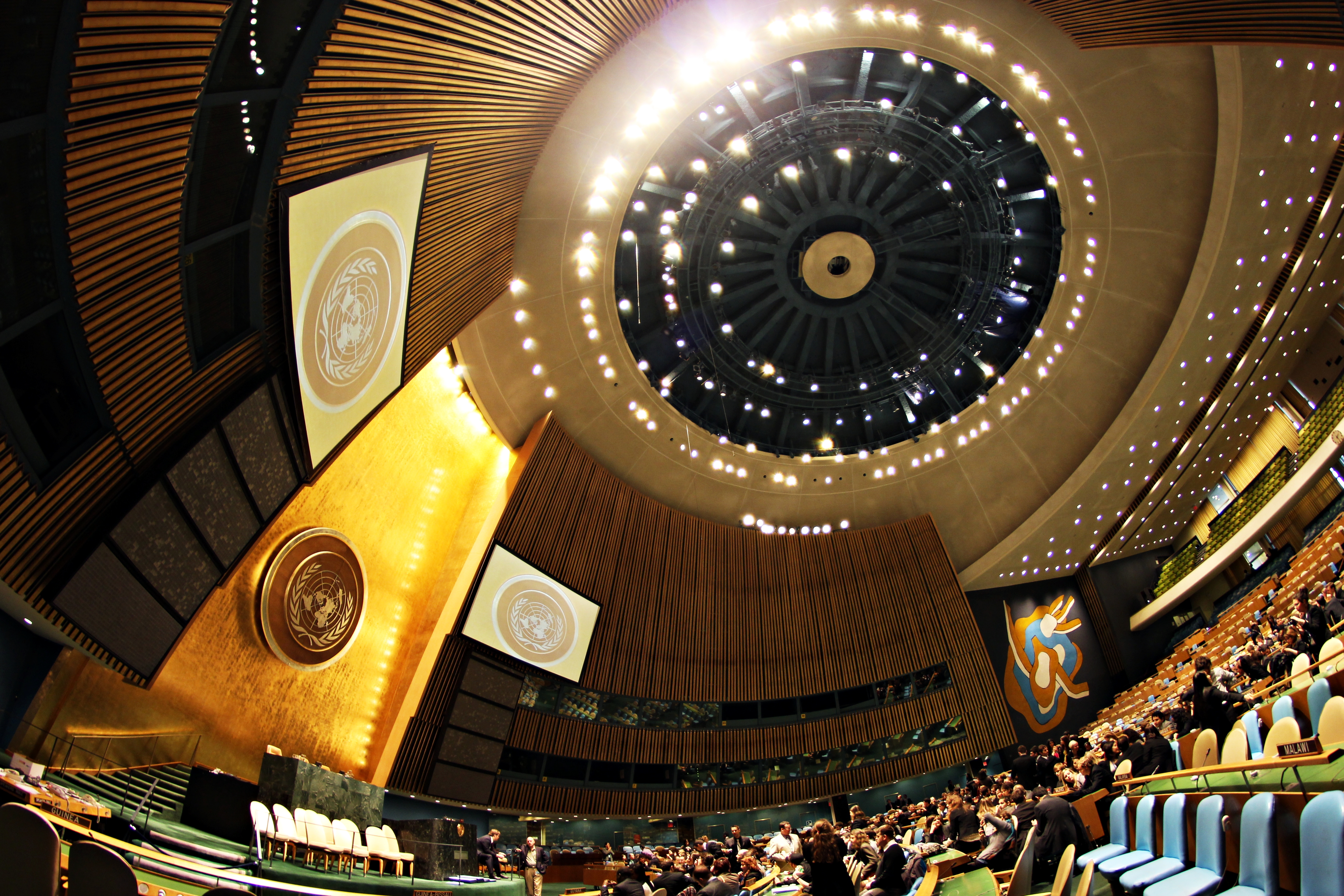Not a Clear, but a Blighted Bill of Health
"The agency’s overall assessment is that a range of activities relevant to the development of a nuclear explosive device were conducted in Iran prior to the end of 2003 as a coordinated effort, and some activities took place after 2003."
"The agency has no credible indications of activities in Iran relevant to the development of a nuclear explosive device after 2009."
"The agency assesses that the extensive activities undertaken by Iran since February 2012 at the particular location [Parchin] …undermined the agency’s ability to conduct effective verification."
International Atomic Energy Agency report
 |
| A Shahab-3 missile on display in Tehran in 2008. Iranian scientists are alleged to have worked on two secret projects related to different technologies needed to design a nuclear warhead, including a detonation system to fit inside the nose cone of the Shahab. Credit Hasan Sarbakhshian/Associated Press |
A five-month probe of Iran’s past activities concluded, the IAEA believes that the Islamic Republic of Iran operated a coordinated nuclear-weapons program until 2003. Some of those activities went on into 2009, concluded the UN atomic energy watchdog according to its preliminary report. The Agency found that the most recent work Iran had involved itself with on a weapon appeared to be through the use of computer modeling in the development of components used in an implosion device. That work done between 2005 and 2009."[The issue of nuclear weapons is now closed] Therefore, all measures over the past issues have [been] completely concluded…and left behind."
Iranian Deputy Foreign Minister Abbas Araghchi
"The modeling…has a number of possible applications, some of which are exclusively for a nuclear explosive device", according to the report. As far as the Agency is now concerned, no credible indications were revealed of nuclear-weapons-related activities in Iran after 2009. On the other hand, the report added, Iran had failed to cooperate in providing information on some points and offered some misleading responses.
 |
| United Nations General Assembly Hall -- Photo: Basil D Soufi |
Iran explained the building away to the Agency as having the explicit purpose of storing chemicals and producing explosives. An explanation rejected by a senior diplomat who said those materials would have shown up in samples taken at Parchin this summer had that been the case. The report stated they did not and drew the obvious enough conclusion that Iran’s explanation simply failed to fit the facts.
The Agency was quite clear in its report -- "Final Assessment of Past and Present Outstanding Issues Regarding Iran’s Nuclear Program" -- that Tehran had purposefully and with a view to deceit, sanitized the Parchin site in recent months. In addition, Tehran submitted no substantive responses to one quarter of the dozen specific questions or documents it was asked to clarify, leaving open the question of how much progress it had made in its nuclear program.
Despite repeated requests, the Agency was denied the opportunity to interview the suspected head of Iran’s nuclear-weapons program, Mohsen Fakhrizadeh, along with a number of his elite lieutenants. Officials of IAEA both current and former felt that Iran’s nuclear-weapons program was highly compartmentalized, making it essential to gain access to officials throughout the overall process.
But officials briefed on the agency’s probe stated Tehran's refusal to grant access to Mr. Fakhrizadeh and most of the other top scientists, failed to comply with the Agency's verification need.
According to Robert Einhorn, who worked on the U.S. negotiating team with Iran until early 2013, now a senior foreign-policy fellow at the Brookings Institution, although the report found no evidence of recent weapons work by Iran, "it does not resolve the IAEA’s many questions and concerns about Iran’s past activities."
The U.S. administration, on the other hand, appears to consider the issue closed, and is now prepared to lift all sanctions, enabling the Republic to anticipate that its oil revenues whose estimated value is $100-million will be released, with far more to come in the unsanctioned sale of oil, enabling Iran to ramp up its support to Hezbollah and Syria, and resume its place of 'supreme authority' in the Middle East and beyond.
This, despite that repeatedly, the IAEA appeared on the brink of rejecting Iranian arguments that its experimentation was meant strictly for civilian purposes. For their part, the inspectors found Iran’s nuclear program to be "suitable for the coordination of a range of activities relevant to the development of a nuclear explosive device", and that its experiments had "characteristics relevant to a nuclear explosive device."
Labels: IAEA, Iran, Nuclear Technology

<< Home